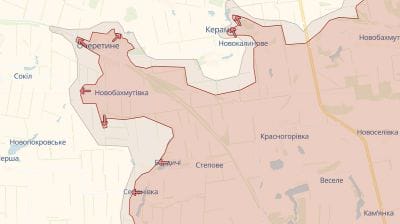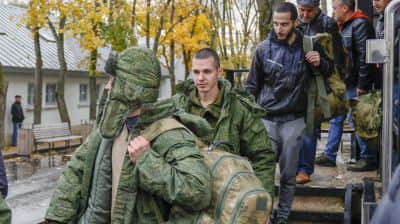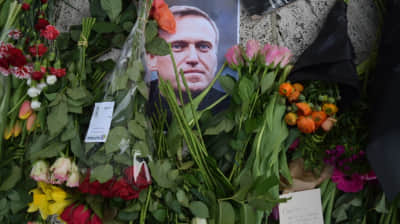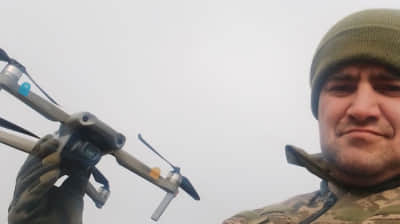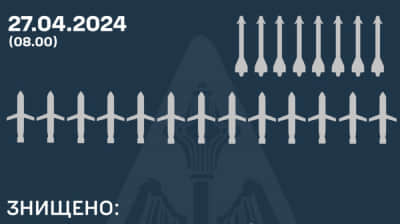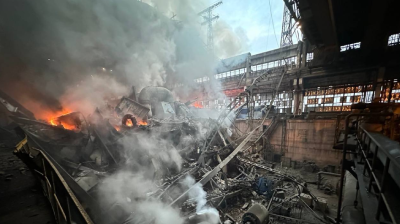Reminiscent of Stalin: ISW explains why Putin keeps changing military leadership
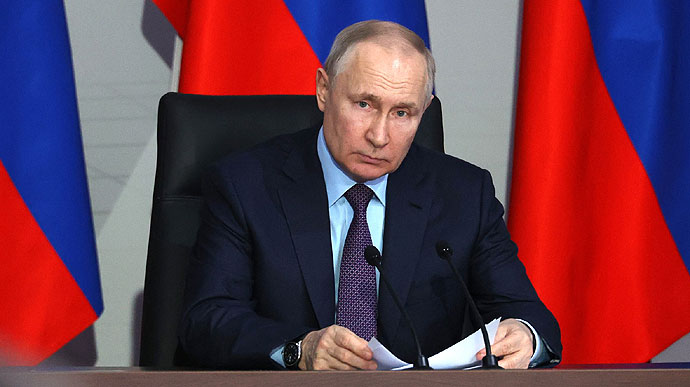
Russian President Vladimir Putin did not appoint a single commander of troops at the beginning of the full-scale invasion of Ukraine, because he hoped for a quick victory which he wanted to take credit for; the Russian dictator later began to constantly change the Russian military leadership, thereby trying to shift responsibility for failures in Ukraine to the appointed generals.
Source: Institute for the Study of War (ISW) report, in which analysts delve into the changes in the Russian military command from 24 February, 2022
Quote: "Putin may have been reluctant to appoint a commander for this invasion to avoid crediting a military commander with the military victory in Ukraine – a dynamic similar to the one between Soviet leader Joseph Stalin and Marshal of the Soviet Union Georgy Zhukov during World War II. Stalin had limited and outdated wartime experience and was reportedly jealous of Zhukov’s military exploits and fame. Putin has no military experience, which may have further contributed to his decision not to appoint a commander for his invasion who could have upstaged him by claiming credit for the expected dramatic victory."
Details: Putin likely sought to portray himself as the commander-in-chief and mastermind of the successful invasion of Ukraine, ISW analysts said.
According to intercepted Russian military plans, the Kremlin expected Kyiv to be captured in a matter of days. Putin therefore likely wanted to declare this swift invasion a personal geopolitical victory.
Analysts believe that Putin's reluctance to appoint a theatre-wide commander for his invasion of Ukraine has had trickle-down consequences for the Russian military. Such actions have specifically contributed to intensive fragmentation and disorganised command structures, and have fueled unattainable expectations.
Putin appointed the first commander of the theatre of war, Army General Alexander Dvornikov, in April 2022. This was in response to Russia's failed attempt to advance on Kyiv. But at the end of May, Putin replaced this general because of Dvornikov's inability to meet the high expectations of the Russian dictator in the first months after the retreat from Kyiv.
Thereafter, Putin began to change military leaders constantly.
Analysts believe that such a regular change of command has led to an increasing fragmentation of the Russian armed forces and disorganisation of command structures,which further worsens the ability of the Russian armed forces to conduct a coordinated campaign in Ukraine.
It is also noted that the Russian Ministry of Defence and the Kremlin have deliberately failed to report most of these command changes.
The chronology of the changes which the ISW cites in its report is based on official Russian statements, as well as on the analysis of unconfirmed statements and reports from Russian, Ukrainian and Western sources.
Analysts believe that the Kremlin and the Russian Defence Ministry are trying to use changes in command to create desirable information effects to compensate for the increasingly worse results on the battlefield.
"Putin and the MoD have either obscured or carefully announced command changes throughout the war in Ukraine to shield themselves from criticism, set up scapegoats for military failures, appease certain voices within the Russian information space, or compound efforts to sell marginal territorial gains as operational victories to the Russian public," says the ISW.
Journalists fight on their own frontline. Support Ukrainska Pravda or become our patron!


